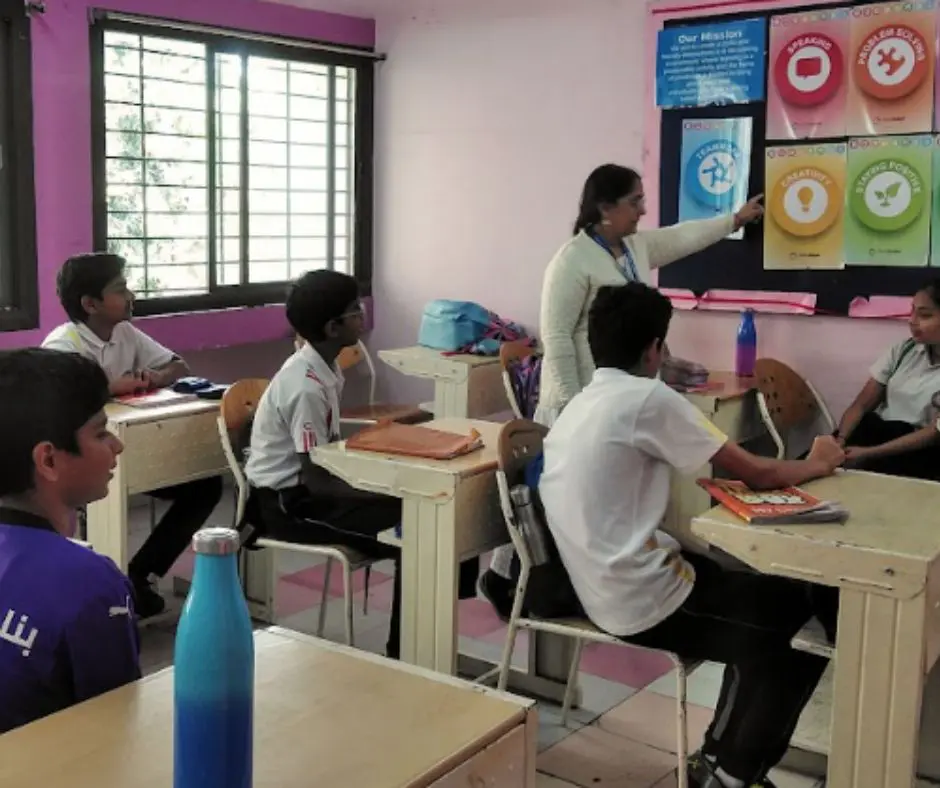Teachers intentionally mapped the eight essential skills—Listening, Speaking, Problem Solving, Creativity, Staying Positive, Aiming High, Leadership, and Teamwork—into subject lesson plans, ensuring that skill development was not isolated to standalone sessions only, but involved reinforcing of essential skills across all areas of the curriculum and integrated into daily learning experiences. Regular, timetabled skill-building sessions were complemented by deliberate practice opportunities within core subjects such as English, Mathematics, Science, and Social Studies, as well as through co-curricular activities like student-led assemblies, exhibitions, business enterprise projects, and sports events. Ongoing formative assessments, skill passports, and reflection sheets helped students recognize how skills were being practiced across different contexts, supporting awareness and transferability. Visual displays, certificates, and regular feedback further celebrated and reinforced the importance of continuous practice. This whole-school approach ensured that essential skills became a natural, recurring part of every student’s educational journey at Choithram International, supporting sustained development and real-world readiness.
























